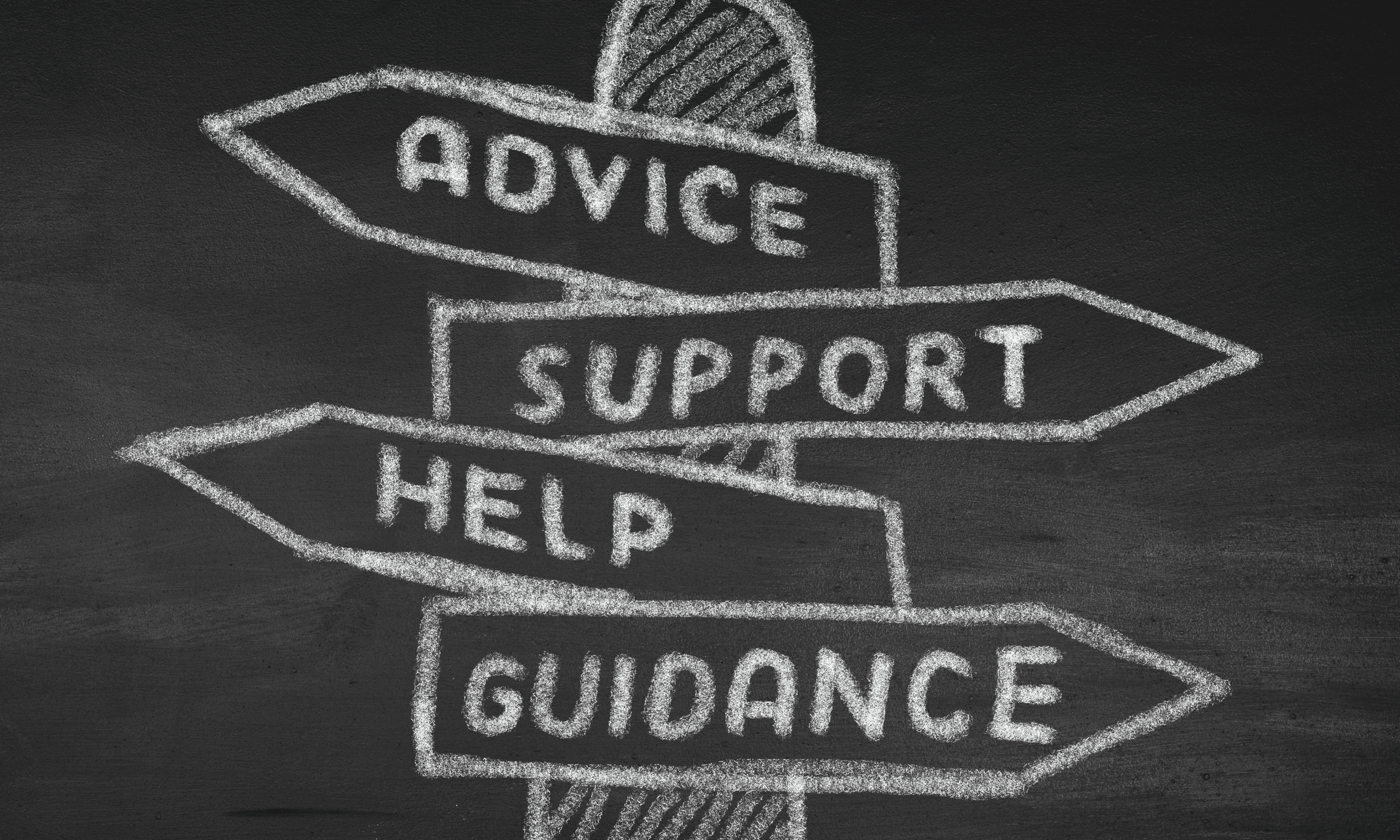No fixing, saving, or advising each other
“I am glad that I paid so little attention to good advice; had I abided by it, I might have been saved from some of my most valuable mistakes.”
Twice this week, I was asked by friends what I would be blogging about next. My blog is about no longer giving advice, I responded. They laughed. Both assured me they continue to offer advice! When I reflect on who I was and the woman I am today, one significant difference is that I now know I don’t know everything. I rarely give unsolicited advice.
My parents were concerned about some of the boys I dated in my teens and early twenties, and rightfully so! These young men all had a broken wing. But I believed I could fix them. I saw the potential underneath the hurt, the addictions, and the emotional abuse. I was not able to fix any of them. My parents sighed with relief when they met the man I eventually married, a man with solid, strong values and a caring nature.
And yes, I knew it all when I was younger - or so I thought. I was not a good listener, often waiting impatiently for a lull in the conversation so I could give advice. I was convinced, in those days, that if my friends only listened to me, their problems would be solved.
In my late thirties, I even tried to convince my therapist that I knew the answers to my problems. After all, I had read every self-help book imaginable. He gently suggested that I get out of my head and allow my heart to start guiding me.
Who was I to think I knew it all? I try to remember when my arrogance shifted. There was no single event. As my life experiences broadened, so did a growing realization that a vast world existed beyond my personal beliefs.
Yet, I could be still judgmental and critical - and quick to offer advice! At the same time, there was a little voice inside of me that began to question my opinions, often while the words were spewing out of my mouth. I needed to be a better listener, not just to the words spoken, but to the reasoning behind those words.
I registered for a course in non-violent communication. I took Compassion Cultivation Training. Then, I attended several retreats through the Center for Courage and Renewal. Those retreats were transformational! Never before had I participated in in a group without offering advice or opinions. My capacity to listen improved. I began to understand that it is not my place to impose myself on others. I realized that I did not have to understand another person’s truth but rather I had to accept and honour their truth.
The touchstones offered by the Center for Courage and Renewal began to guide my path. I have even embedded them into the guiding principles for the workshops I facilitate.
Speak your truth in ways that respect other people's truth.
Our views of reality may differ, but speaking our truth does not mean interpreting, correcting or debating what others believe.
No fixing, saving, advising or correcting each other.
This makes space for the inner teacher within each of us.
Be present as fully as possible.
Be present with your doubts, fears and failings, as well as your convictions, joys and successes.
When the going gets rough, turn to wonder.
Turn from reaction and judgment to wonder and compassionate inquiry. Ask yourself, I wonder why they feel/think this way? Set aside judgment and listen to others—and to yourself—more deeply.
Attend to your own inner teacher.
Pay close attention to your own reactions and responses when you listen to someone speak.
Trust and learn from the silence.
Silence is a gift in our noisy world and a way of knowing in itself. After someone speaks, take time to reflect without immediately filling the space with words.
We all grow wiser as we age. I hear the voices of so many wise women on this journey rowing north. One of these women is Jenny. In a recent Reflections of Life video, she shared the following:
People like helping, it makes a bond like no other. Helping people is a sensitive process. The temptation is to want to fix everything for someone. And that person doesn’t need fixing. I think we are too quick to give advice. I am as guilty as anyone…because I think I have the answers all the time, which of course I don’t. I am immensely touched when people just sit with me. You don’t have to speak. Words are something that are superfluous and fairly meaningless in certain times.
Five years ago, I blogged about holding space for each other. Well worth a read if you find this blog interesting. I wrote about factors of resilient friendship among older adults. One factor is a commitment to the integrity of the other. We want our friends to be the whole of who they are, and we should be respectful of their values, time, privacy, idiosyncrasies, and dignity, to name but a few. We should not be giving advice.
I continue to work hard at deep listening and not giving advice. Have I mastered this? Not at all! Just the other day, a friend shared something, and I judged her! But I did not speak that judgment. Instead, I focused on my reaction and what that taught me.
Halfway through writing this blog, I messaged my daughters. Do you think I give you advice? The response from both of them was yes, but more through a lens of sharing information and within a conversation where it makes sense. So you see, I still have a ways to go!


